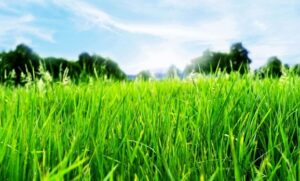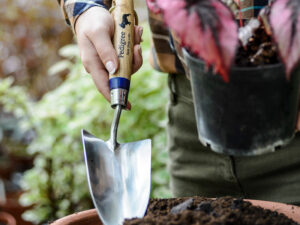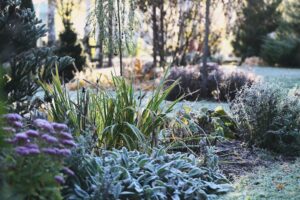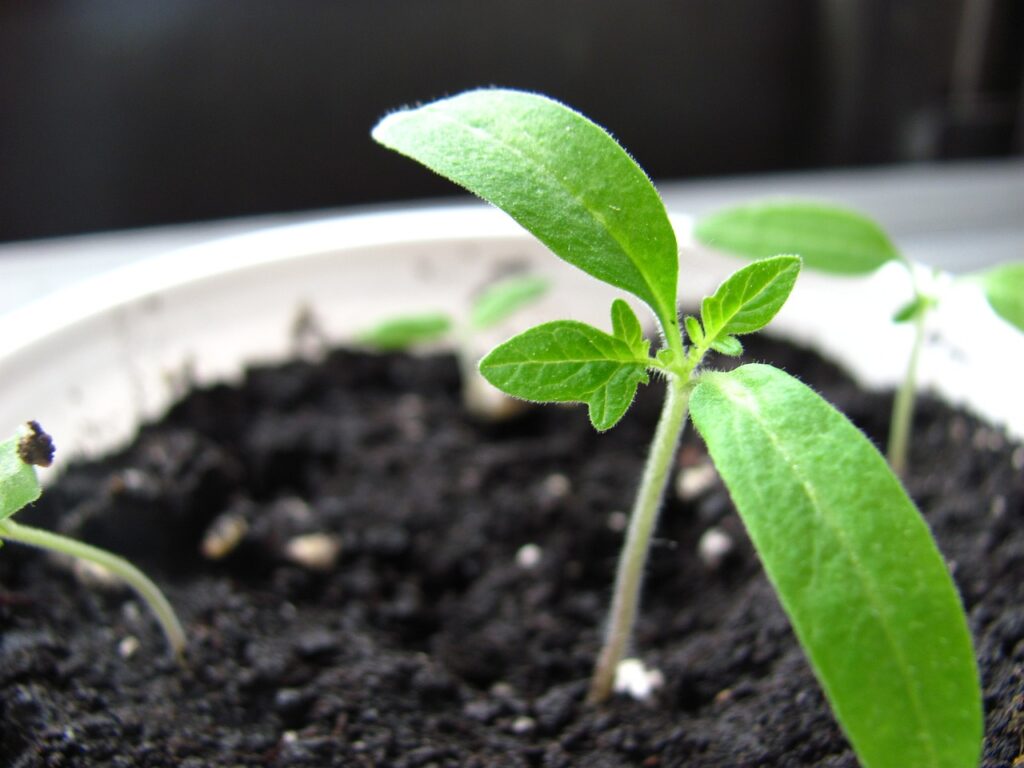
From the end of next year any bagged compost containing peat is being banned across the UK. So why has the Government made this decision? And what do you need to think about as a gardener when it comes to choosing compost.
What is peat?
Peat is partly decomposed plant material, usually found in areas of lowland bog – known as peatland. Peat is a very important habitat, acting as a precious ecosystem supporting lots of different species of wildlife and plants which won’t grow or live anywhere else. It also helps purify water and reduce flooding. Peat decays incredibly slowly too – usually over hundreds of years – and as a result it traps carbon within its layers.
For many years peat has been used in compost because it can retain water well and has a high level of nutrients. This has made it ideal for gardeners looking to improve the quality of the soil in their beds, borders and allotments.
Why is extracting peat bad for the environment?
There are two main reasons why peat shouldn’t be used in compost:
- To protect important habitats – removing peat from lowlands damages the homes of many flora and fauna. As well as the immediate impact of this, it takes hundreds of years for peat to re-build, leading to long-term consequences for these important species.
- To reduce greenhouse emissions – disturbing peat creates large amounts of carbon dioxide to be released into the atmosphere. It’s also then burned before being used, causing more carbon dioxide and harmful pollutants to be released into the air. Leaving peat where it forms allows it to act as a valuable carbon store, helping the UK achieve net-zero in the years ahead.
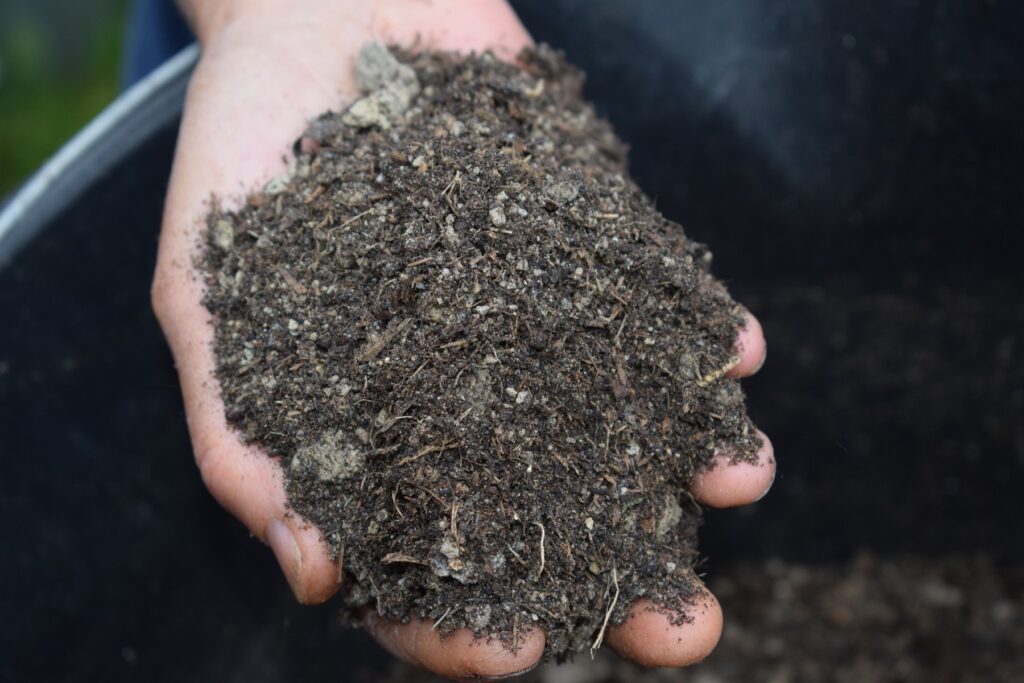
Why the peat ban?
Many organisations have called on the Government to stop allowing peat to be extracted from its natural habitat. However, professional gardeners can still use peat free products, so the practice won’t be totally banned for another seven years.
What’s the alternative to peat?
Ahead of the ban, most producers have started moving away from peat-based compost. However some have replaced peat with coir, which is made from coconut husks. Given coconuts aren’t grown in the UK, they have to be shipped in, which results in even more carbon emissions from shipments.
What is peat-free compost?
The most common organic material in peat-free potting compost is composted bark, followed by coir, woodfibre, wood shavings, and green compost. Apart from those organic materials, peat-free composts also contain inorganic materials such as sharp sand, coarse grit, perlite, and rock wool. Creating a compost that holds enough air and water, essential for root growth, requires a mixture of coarse and fine particles.
Earth Cycle’s Peat-free products
All Earth Cycle products – composts, mulches, soil conditioners and topsoils – are completely peat free. Everything we produce is 100% organic, made from green waste collected in Hampshire and West Sussex.

